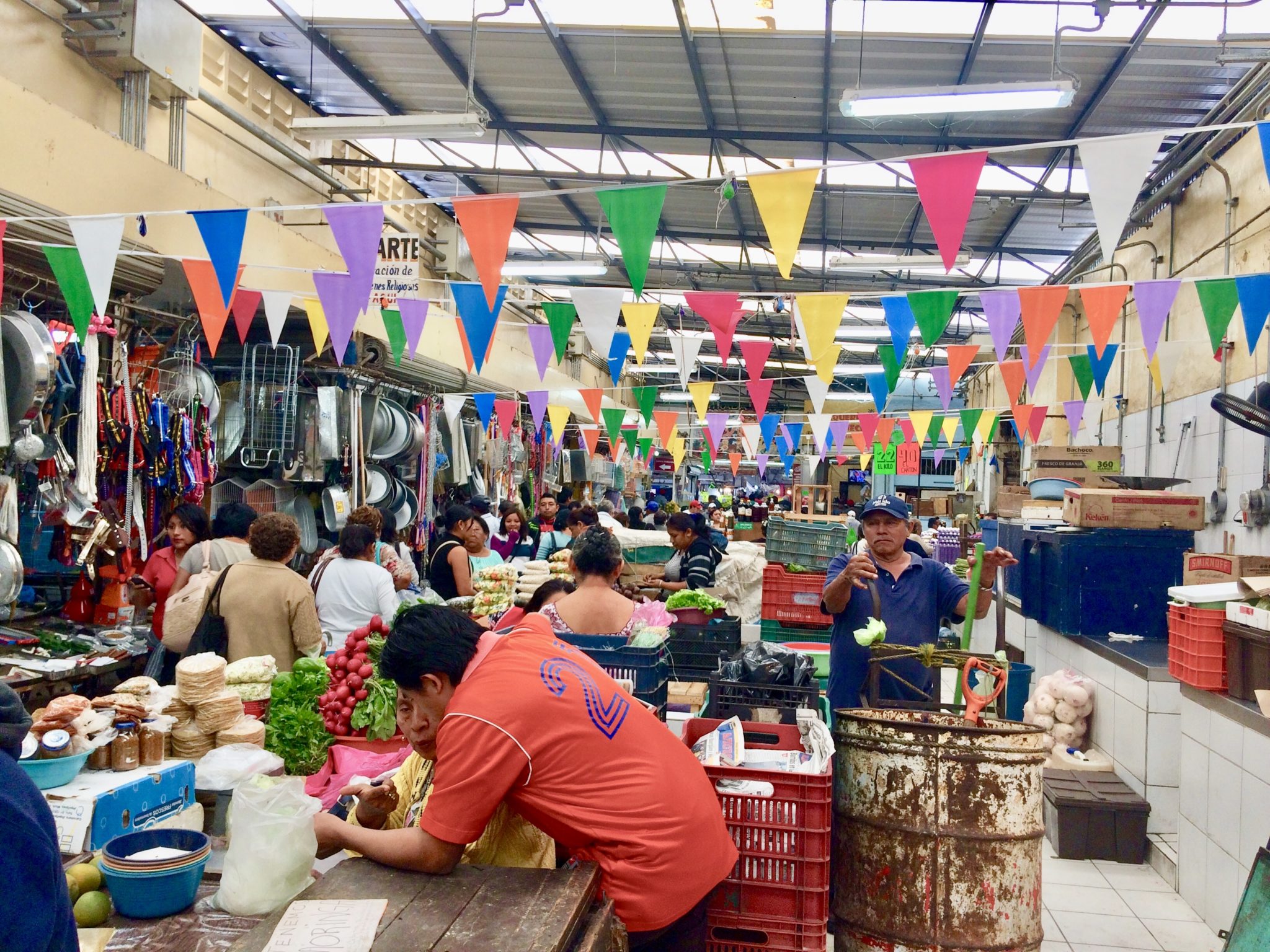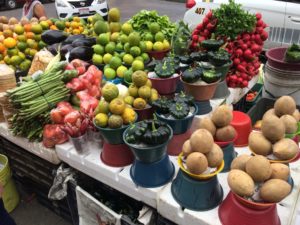How Volunteering Abroad Changed Me


Why Volunteer?
Throughout my undergraduate career, my experiences that I have had outside the classroom have always been the most transformative. In fact, volunteering as an English literacy tutor in an elementary school near my high school five years ago was what got me interested in learning Spanish in the first place. Bringing learning outside the classroom gives students agency to apply concepts learned in the classroom in innovative ways. In addition, this learning will force you to think on your toes and critically analyze seemingly concrete theories you once learned the night before an exam. In my case, volunteering also taught me a greater sense of empathy, or an understanding for students’ lived experiences that I had never experienced myself, because I grew up speaking English. These experiences might make us question our identities or the physical spaces which we inhabit, something more profound than classroom experiences that started before we could even remember.
Customs of Volunteering in México
When I was abroad, I was confronted with a different volunteering reality than I had experienced before. My peers at Brandeis University were required to complete a certain number of hours of social service before graduation. In fact, I learned from my classmates that the graduation requirement of social service is commonplace in México. Unlike at my school, their social service activities were usually related to their majors. I thought about how different Brandeis’ volunteer program might be with students who didn’t actually want to participate, that just were in it out of obligation. Intention is so important because social service is usually to provide support and comfort to those don’t have it. I recommend carefully considering your intentions before choosing a volunteerism activity abroad, because sometimes expectations around volunteerism and social service are different. To uplift those who are vulnerable, it is important to think about what why what we are doing really matters.
You Don’t Have to Teach English to Volunteer
When I decided I wanted to volunteer while I was abroad, I asked my Study Abroad Director for a placement with children, a population that I have loved working with since seventh grade. I heard from my peers about tutoring English to local students, but since this was something that I had already done in the U.S., I wanted to do something different. The Director found an opportunity for me in the marketplace, where I had only gone on errands for my host mother. There was an after-school program for children whose parents worked in the marketplace, providing a colorful space that was free from the distractions of vendors and customers.
Volunteering at El Mercado San Benito provided me with a different perspective of Mérida that I was not exposed to as much at my university. Yes, in my classes, I met many students who commuted hours from indigenous communities outside the city every day, but the mercado was different. Many vendors also traveled from these indigenous communities and in the marketplace, families gathered together in small kiosks to sell mangoes, give haircuts, and auction off the latest model of sandals. Many children were expected to follow in their parents’ footsteps by continuing to man their stalls, or puestesitos, after high school graduation. Therefore, this after-school program provided them with a place to get academic support and learn about new occupational avenues that seemed foreign to the tight-knit market community. I also learned about the challenges these students faced navigating their academics, in which they struggled to get support from their busy and sometimes uneducated parents. I challenged myself to help them through long division in Spanish while they taught me new board games and finger tricks.
My peers from the local university were doing some amazing projects that really interested me. I wish I would have made an effort to reach out to the Department of Psychology, which has volunteer placements in many sites, like Caza Sonrisas, which helps hospitalized children strengthen their mental health after treatment. Another friend of mine that is studying engineering was teaching math and science classes at a community center in a local indigenous community. All of the departments have their own information booths, where you can inquire about this information. Many of the teachers I had also worked in labs or organizations, so make sure to take advantage and ask them about short-term opportunities that could enrich your experience.
Carrying Your Volunteering Experience with You

When I came home, this volunteering experience continued to circle my mind, and I kept thinking about challenges in elementary school education in México. I expected that Yucatán’s educational policies would differ from those of larger México due to the large presence of Mayan speakers, but I learned that all students from the indigenous communities are still forced to learn Spanish in school. Even more, within Mérida, English learning is often promoted over Mayan in public and private school classrooms. In an effort to continue these experiences connecting with such compassionate and hardworking children, I decided to apply for a Fulbright Scholarship to return to México as an English Teaching Assistant. I hope to integrate my classroom experiences in a community with work in a psychological clinic to learn about accessibility to mental health resources for my students. Volunteering abroad, and especially taking on a teaching role, led me to question things that I accepted to be true in my academics and in Mérida. I learned to see a different side of Mérida in which indigenous communities were fairly incorporated into daily routines of the city and not forced to speak Spanish. In the long run, I hope to continue supporting children like those in Mérida as a social worker in immigrant communities wherever I end up in the world. Volunteering has led me to develop a greater empathy for others’ lived experiences and think differently about the importance of intention in any field of work.
Nina R. | Psychology student | Brandeis University | IFSA Summer in Mexico | Spring 2018